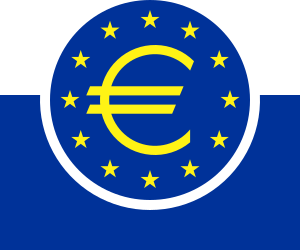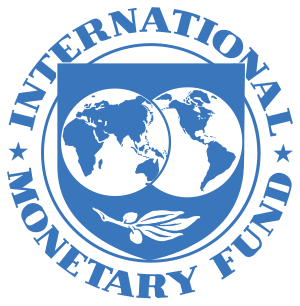
Image via Wikipedia
By GRETCHEN MORGENSON
FOR decades, until Congress did away with it 11 years ago, a Depression-era law known as Glass-Steagall ably protected bank customers, individual investors and the financial system as a whole from the kind of outright destruction we’ve witnessed over the last few years.
Glass-Steagall was a 34-page document.
The two bills that the Senate and the House are currently chewing over as part of what may be a momentous financial reordering weigh in at a whopping 3,000 pages, combined.
Yet despite all that verbiage, there are flaws in both bills that would let Wall Street continue devising financial black boxes that have the potential to go nuclear. And even if the best of both bills becomes law, investors, taxpayers and the economy will remain vulnerable to banking crises.
Some will argue that these bills, at around 1,500 pages each, have to be weighty and complex if they are to curb the ill effects of convoluted and inscrutable financial instruments. That makes it doubly disappointing that the bills don’t go far enough in bringing greater transparency and better oversight of everyone’s favorite multisyllabic wonderment these days: derivatives.
Certainly the banks and the Wall Street trading shops that have so richly scored in the derivatives market are happy to keep the status quo — after all, profits flourish where opacity rules. But for most of the rest of us that’s an unsatisfactory, and possibly dangerous, outcome.
![Reblog this post [with Zemanta]](http://img.zemanta.com/reblog_a.png?x-id=7d2da199-f2bb-4762-8bd9-943ad4515459)


![Reblog this post [with Zemanta]](http://img.zemanta.com/reblog_a.png?x-id=8a1f5445-6c5b-423e-9964-6e35f93fb371)


![Reblog this post [with Zemanta]](http://img.zemanta.com/reblog_a.png?x-id=21cdccae-03dc-477c-ae2a-bc9d60382b53)

![Reblog this post [with Zemanta]](http://img.zemanta.com/reblog_a.png?x-id=d2866bdc-54d1-4405-83f4-5f2bf0b118f6)



![Reblog this post [with Zemanta]](http://img.zemanta.com/reblog_a.png?x-id=dd539265-05e3-4044-a37d-c4453265c2e7)

![Reblog this post [with Zemanta]](http://img.zemanta.com/reblog_a.png?x-id=0c02edc5-6e83-4d0e-b9cf-bee244b44ed5)


![Reblog this post [with Zemanta]](http://img.zemanta.com/reblog_a.png?x-id=63c9e289-a825-4182-936d-0b8783968145)

![Reblog this post [with Zemanta]](http://img.zemanta.com/reblog_a.png?x-id=4f4a932b-6b96-4b71-927d-5bd9d7f80cb9)

![Reblog this post [with Zemanta]](http://img.zemanta.com/reblog_a.png?x-id=a8c124cb-85a0-4e40-93f7-583289118a16)
![Reblog this post [with Zemanta]](http://img.zemanta.com/reblog_a.png?x-id=b0e0a879-2e18-4dcc-8c35-66238ba0d9e0)
![Reblog this post [with Zemanta]](http://img.zemanta.com/reblog_a.png?x-id=97953c06-d275-4d8a-9891-d57dbbc669a0)



![Reblog this post [with Zemanta]](http://img.zemanta.com/reblog_a.png?x-id=4889c866-fd2b-4d37-bc46-4b3c4cbdf05c)

![Reblog this post [with Zemanta]](http://img.zemanta.com/reblog_a.png?x-id=3ed8ee0e-31fd-4d6c-b8af-c212b34863b0)

![Reblog this post [with Zemanta]](http://img.zemanta.com/reblog_a.png?x-id=b57ffe45-60b2-47fa-98b0-5fabb13afa3f)


![Reblog this post [with Zemanta]](http://img.zemanta.com/reblog_a.png?x-id=b7ce2a88-3e27-4360-a9c5-ec01324ce739)

![Reblog this post [with Zemanta]](http://img.zemanta.com/reblog_a.png?x-id=c7d7a517-8779-44a0-a632-021be01dd956)